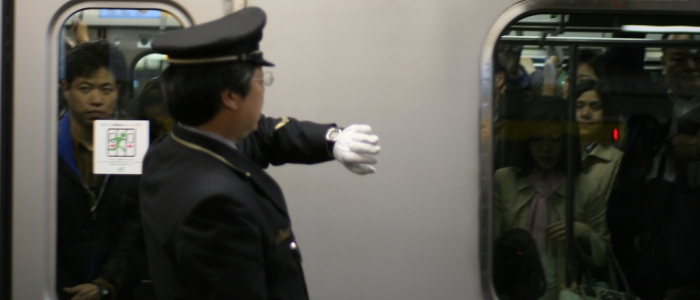The report finds that the right to organise, collective bargaining and strike are still not recognised for civil servants and employees in state-run enterprises. Organising and collective bargaining are further undermined due to the increase in the number of non-regular workers and fixed-term contract holders – according to the most recent survey, the number of non-regular workers has now increased to 34.5 per cent of Japanese employees.
The report also finds a considerable gender wage gap. Women’s average monthly wage in 2009 was 226,100 yen (2,005 euros), while men earned 333,700 yen (2,960 euros).
Although forced labour is not a widespread problem, there are cases of debt bondage in Japan’s foreign trainee programme that need to be urgently investigated. Such debts are run up under contracts between trainees and sending agencies in their home countries. In Japan the trainees have been subject to exploitation under extremely poor working conditions that can entail very low wages and long hours.
In addition, trafficking, mainly of women and girls, for sexual exploitation or forced labour remains a problem.


